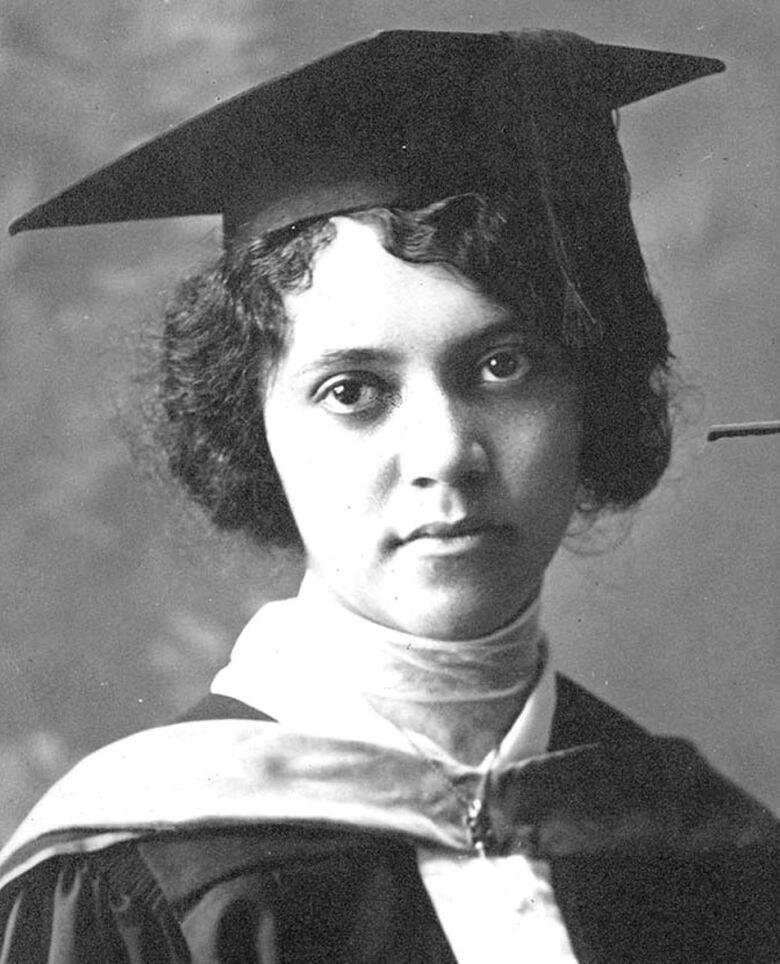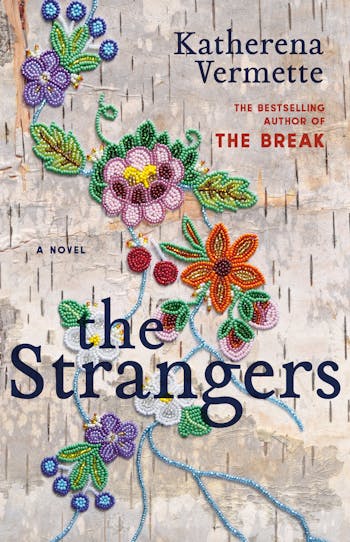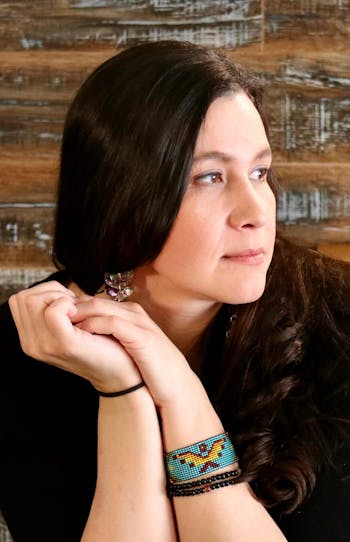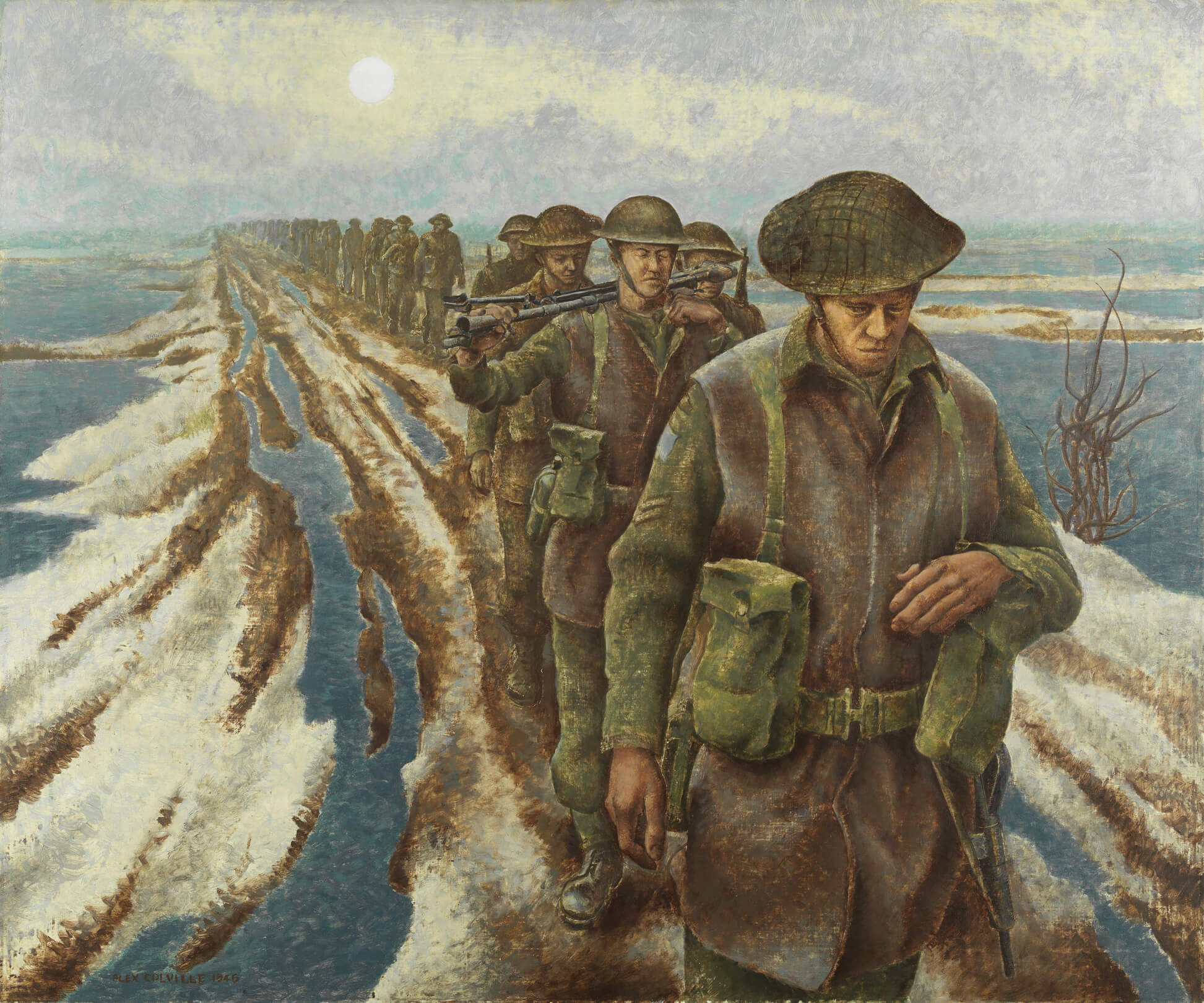 2nd-year education student – artistic impression??
2nd-year education student – artistic impression??
HELLO –
Good morning! We hope you all had a re-energizing Reading Week finding some time to have some fun and re-charge your batteries for November and your upcoming practicum.
There has been a change in scheduling with 2 PLCs on November 4th and 11th. Our UCC H/HH Cohort meeting will be on Thursday, November 18th from 8:45 to 11:15 a.m.. We will have lots to talk about and will give you lots of time to meet in groups to talk about “How to be an Anti-racist”, and to exchange ideas and resources for your teaching practicums that start on November 29th.
Once you are involved in your daily teaching with your associates, you will be all in with little time for U of O work. We suggest you dig into your assignments now and make some headway before November 29th, We will be focusing on the AEL, S4C project, Digital Hub and first blog assignments in our weekly blogs in the two weeks before we all meet. AND, you know that we are more than happy to talk to you about assignments, practicum, questions etc. – either by e-mail or by phone.
We will keep in touch through your practicum with you and your AT. Right now, we are being told that school visits by faculty supervisors are not being encouraged. We will keep up on that news as we would really like to see you in action.
Below is some information on today’s OCT webinar featuring Murray Sinclair.

Webinar: Indigenous ways of knowing
Do you want to deepen your knowledge of the history, heritage and perspectives of Indigenous peoples? Wondering how this knowledge can inform your teaching practice in the future? The Hon. Murray Sinclair, leader of landmark inquiries on racism, residential schools and police discrimination, will deliver a keynote address at the College’s webinar “Indigenous Ways of Knowing in Teacher Education and Teaching Standards”, on Nov. 2, 2021 from 5:30 to 6:30 p.m. This session is free. Register today.
THIS WEEK:
- for your 3151 course with Tracy Crowe – you should have completed Module Three by this week
- November 4 PLC – Inclusive Practice – there are 5 workshops – in break-out rooms spread out into two sessions in the morning time slot. https://uottawa.brightspace.com/d2l/le/content/241277/Home?itemIdentifier=D2L.LE.Content.ContentObject.ModuleCO-3734042
- UCC Social Justice Book Club. This week’s focus is on chapters 10-13 of Ibram Kendi’s, “How to be an Anti-racist” with ancillary activities including your response Discussion Board #4 (due November 2nd). From the UCC Book CLub announcement.Read Kendi chapters 10-13.
- November 25: Your first of two blogs is due.
- Curate, add to, your digital hub so that it is an ongoing recorder of what you are learning and experiencing
- Practicum Folder: keep it updated, particularly with lesson plans, resources and ideas.

SWAIL-MCGUIRE CONTRIBUTIONS
Indigenous Canada is a 12-lesson Massive Open Online Course (MOOC) from the Faculty of Native Studies that explores Indigenous histories and contemporary issues in Canada. From an Indigenous perspective, this course explores key issues facing Indigenous peoples today from a historical and critical perspective highlighting national and local Indigenous-settler relations. Topics for the 12 lessons include the fur trade and other exchange relationships, land claims and environmental impacts, legal systems and rights, political conflicts and alliances, Indigenous political activism, and contemporary Indigenous life, art and its expressions. https://www.coursera.org/learn/indigenous-canada?utm_source=gg&utm_medium=sem&campaignid=13440968592&utm_campaign=12-Indigenous-Canada-Alberta-CA&utm_content=12-Indigenous-Canada-Alberta-
Classroom Management – is a predominant issue for all educators, especially newer teachers and candidates.
(and for seasoned vets like Heather when supply teaching in grades 1 and 20. We thought you might like to explore some of the Cult of Pedagogy blog articles: https://www.cultofpedagogy.com/category/classroom-management-craft/
The Woman Who Smashed Codes: The Untold Story of Cryptography Pioneer Elizebeth Friedman
ON THE LIGHTER SIDE
- Why do skeletons have low self-esteem? They have nobody to love.
S4C INFORMATION
Description
Your Students for Change Project will consist of a 5-page report. To write the sections of this report, we have scaffolded assignments for you to complete for class so that you may discuss your drafts with your peers. Your final 5-page report will consist of:
Report Page #1:
- a) Provide an image of your problem tree and the research question that you derived from your problem tree. We have scaffolded the following activity to support you in writing this 1-page section.
STEP 1: Brainstorm topics that you’re interested in. Use your UCC discussion board posts as a starting point.
STEP 2: Read the website about problem trees (http://www.evetuck.com/problem-tree/). Write a problem statement to describe a problem that interests you on the topic of education, student voice, activism, power, inequality, and/or social change. [We are interpreting this broadly in terms of student presence/voice/concerns/interests/agency, etc.]. The problem may emerge from your practicum experiences or beyond. [***Your problem isn’t required to be from a classroom.] It might be a problem that your students have expressed in some way. It might extend from the UCC Book Club. [It might relate to some of the current events we’ve discussed] Given the limitations with practicum this year, we encourage a broad approach to discerning a problem. It must, however, be one that you can link to education.
Write your statement so that it is a clear statement of a problem (not a question or a sentence fragment – see the example below). Map the roots, trunk, branches, and leaves of the problem. Your problem statement and problem tree must appear on the same page. You can do this by hand or digitally, whatever you prefer.
STEP 3: Create your problem tree [see the handout for the November 19 session copied below with some additions from class slides, etc. to guide you]
Problem Tree
A problem tree maps a problem statement. The roots feed the problem at macro, structural levels. The trunk and branches nourish the problem at social and institutional levels. The leaves are the most obvious manifestations of the problem on an everyday basis at a micro-level. In this way, the daily manifestations of the problem are linked to the larger issues that are at stake. A problem tree is a research method for making sense of the scope of a problem so that you may determine at what level you wish to engage with the problem.
Here is a problem tree from Dr. Eve Tuck’s research project that maps the problem statement: “The current NYC school system isn’t working” [please note that this is from a large project and your problem tree shouldn’t be this detailed. Rather, treat your problem tree as a brainstorming exercise]:
http://www.evetuck.com/problem-tree/
Here are good characteristics of a problem statement:
- The problem statement is a statement (it is a complete sentence and is not a question)
- Your tree is a mind map of the macro and micro dimensions of the problem (you include roots, a trunk, branches, and leaves to map these dimensions)
- You consider different stakeholders (teachers, administrators, government, community, students, parents, etc.)
- Note that you may have to do some background reading online to determine if you’ve identified a problem
Again, your problem tree, including your problem statement, appears on page 1 of your final report.
As a team of current students and recent uOttawa alumni, we have been working on the platform for a year and a half to make it freely available to all uOttawa students!
/arc-anglerfish-tgam-prod-tgam.s3.amazonaws.com/public/A23G4CWOBJCWLMIEVHLNAG2DYQ.JPG)




















 .
. 













 Leah Dorion
Leah Dorion Leah Dorion
Leah Dorion




